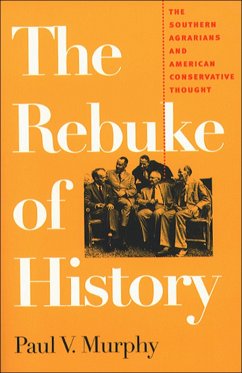"A philosophical look at the history of our species which alternated between fascinating and frightening... like reading Dean Koontz or Stephen King." - Rocky Mountain News The Lucifer Principleis a revolutionary work that explores the intricate relationships among genetics, human behavior, and culture to put forth the thesis that "evil" is a by-product of nature's strategies for creation and that it is woven into our most basic biological fabric. In a sweeping narrative that moves lucidly among sophisticated scientific disciplines and covers the entire span of the earth's-as well as mankind's-history, Howard Bloom challenges some of our most popular scientific assumptions. Drawing on evidence from studies of the most primitive organisms to those on ants, apes, and humankind, the author makes a persuasive case that it is the group, or "superorganism," rather than the lone individual that really matters in the evolutionary struggle. But biology is not destiny, and human culture is not always the buffer to our most primitive instincts we would like to think it is. In these complex threads of thought lies the Lucifer Principle, and only through understanding its mandates will we able to avoid the nuclear crusades that await us in the twenty-first century. "A revolutionary vision of the relationship between psychology and history, The Lucifer Principlewill have a profound impact on our concepts of human nature. It is astonishing that a book of such importance could be such a pleasure to read."-Elizabeth F. Loftus, author of Memory
Dieser Download kann aus rechtlichen Gründen nur mit Rechnungsadresse in A, B, BG, CY, CZ, D, DK, EW, E, FIN, F, GR, HR, H, I, LT, L, LR, NL, PL, P, R, S, SLO, SK ausgeliefert werden.









